At the moment, call for manuscript submission is on invite only.
Please bear with us until a public call is made.
1. Overview
This agreement sets forth the terms and conditions for the adaptation of an existing book into a different version by CLC Kenya/ACABA. The goal of this adaptation is to expand the reach and impact of the original work to a different reader segment while preserving its core themes and messages.
2. Responsibilities of CLC Kenya/ACABA
- Production Costs: CLC Kenya/ACABA will bear all costs related to the adaptation, including editing, design, formatting, printing, and distribution.
- Distribution and Marketing: CLC Kenya/ACABA will manage the distribution and marketing of the adapted version, including promotional activities and placement on retail platforms.
3. Author’s Compensation
- Royalty Rate: Authors will receive 5-10% of net sales annually from the adapted version, with the specific percentage determined during final contract negotiations.
- No Advance Royalties: Authors will not receive advance royalties for the adaptation.
- Royalty Payment Schedule: Royalties will be paid annually, along with a transparent sales report.
4. Rights and Ownership
- Original Book Rights: The author retains full rights to their original book, including all intellectual property and future adaptations.
- New Version Rights: CLC Kenya/ACABA will hold exclusive rights to the adapted version for the duration of the contract. These rights may revert to the author upon mutual agreement or at the conclusion of the contract.
5. Purchase of Teen Version by Author
- Printing Cost Plus Facilitation Fee: The author may purchase copies of the adaoted version directly from CLC Kenya/ACABA at the printing cost plus a 20% facilitation fee.
- Minimum Order Requirements: Orders must comply with the publisher’s minimum print order policies, which will be communicated in advance.
6. Duration of the Agreement
- Contract Term: This agreement will be valid for a period of 5-10 years, as agreed upon by both parties during final contract negotiations.
- Renewal Option: At the end of the contract term, the agreement may be renewed by mutual consent.
7. Collaboration Process
- Approval of Adaptation: The author will be provided with the opportunity to review and approve the adapted manuscript to ensure alignment with the original message and values.
- Author Contributions: The author may be invited to provide input, such as a foreword or additional focused insights, to enhance the adaptation.
8. Termination Clause
- Either party may terminate the agreement with 60 days’ written notice, provided there are no outstanding financial or contractual obligations.
9. Attribution and Compliance
- Attribution: The adapted version will credit the original author on the cover and within the text.
- Ethical Standards: Both parties agree to uphold the content’s integrity, adhering to Biblical principles and ethical publishing practices.
10. Quality Assurance
- Adaptation Standards: CLC Kenya/ACABA will ensure the adaptation meets high-quality editorial, design, and production standards. The author may request revisions during the approval process.
11. Sales and Reporting
- Sales Reporting: CLC Kenya/ACABA will provide annual sales reports, detailing units sold, net sales revenue, and royalty calculations.
- Sales Channels: The adapted version will be made available through online platforms, bookstores, and other relevant sales channels.
12. Dispute Resolution
- Arbitration: Any disputes arising from this agreement will be resolved amicably through negotiation. If unresolved, disputes will be submitted to arbitration in accordance with the laws of Kenya.
- Jurisdiction: The governing law of this agreement will be the laws of Kenya.
13. Force Majeure
- Neither party shall be liable for delays or failure to fulfill their obligations under this agreement due to circumstances beyond their control, such as natural disasters, pandemics, or government actions.
14. Confidentiality
- Both parties agree to keep the terms of this agreement and any unpublished content related to the teen version confidential, except as required for production or marketing purposes.
15. Marketing and Promotion Rights
- Author’s Role in Promotion: The author agrees to participate in reasonable promotional activities, such as interviews, book signings, or virtual events, as mutually agreed.
- Publisher’s Responsibility: CLC Kenya/ACABA will spearhead marketing efforts, including advertising campaigns and promotional materials, at its own cost.
16. Delivery of Manuscripts and Materials
- Author’s Obligations: The author will provide any materials required for the adaptation, such as the original manuscript, within a reasonable time frame.
- Publisher’s Obligations: The publisher will ensure timely production and delivery of the teen version in line with agreed timelines.
17. Early Termination Consequences
- If the agreement is terminated before the end of the contract term:
- The publisher retains the right to sell remaining inventory of the adapted version until stocks are depleted.
- The author may choose to purchase unsold copies at the printing cost plus a 20% facilitation fee.
18. Non-Compete Clause
- During the contract term, the author agrees not to produce or authorize a similar adapted version of the same book with another publisher without the express consent of CLC Kenya/ACABA.
Getting Started: Publishing Books
Preparing to Write/Publish
Step1: Prepare Yourself to Get Published…
Are you ready to publish your book? Here is how you need to prepare. Have your manuscript ready and explore the oprions available today. If you are stuck in getting it started or finished, there is several ways to get help. Explore and get published today! #RaisingAfricanVoices
Read MoreStep2: Let’s Talk About Publishing
The self-publishing landscape has changed considerably in the past two decades with new technologies such as the Internet, and the $1 billion markets continuing to change at a rapid pace. Increasingly, there are numerous alternatives to traditional publishing, and self-publishing is becoming the first choice for writers. #RaisingAfricanVoices
Read MoreStep3: Factors to Consider Before Self Publishing
Jesus, while talking to the disciples about following Him, asked them to count the cost. The same Scripture applies to authors today - you have to count the cost from the beginning to ensure you don't stop at some point in your book project's journey. #RaisingAfricanVoices
Read MoreStep4a: Requirements for Self Publishing
Are you ready to be published? Use our 4 points check list and tick 'Published Author' box so you can move on to the next God-given assignment... #RaisingAfricanVoices
Read MoreStep4b: Publishing Steps – Review
Is your manuscript due for a review towards getting published? The major focus during manuscript review is the general quality of the book. It is important to establish the overall completeness, scope and readership of the manuscript and whether the presentation and accessibility of the book is suitable. #RaisingAfricanVoices
Read MoreElementary Skills: Publishing Books
How to Write
5a: How to Write a Book Dedication
A book dedication is a way for you, the author to bestow a high honor on a person (or a group of people) you wish to praise or otherwise spotlight. This dedication note is often short and usually focused on one person (or a specific group of people). It’s supposed to be personal, rather than professional. It goes on the dedication page, which is in the very front of the book, after the title page. Here's how to write one. #RaisingAfricanVoices
Read More5b: How to Write a Book’s Foreword
A well-written foreword can function as the ultimate third-party recommendation or endorsement for your book, generating interest and helping when it’s time to market your book. Here’s how to write one. #RaisingAfricanVoices
Read More5c: How to Write a Book Introduction
Are you stuck on writing your book introduction? Here's how to... Hook the reader right from the beginning with a personal story from your life, a funny story, a joke, or just an interesting fact that causes him/her to want to continue reading. Here’s how to write one. #RaisingAfricanVoices
Read More5d: How to Write a Book’s Conclusion
If your readers are in the conclusion chapter, it also means they read the whole book, they liked it, and now they want you to wrap it up. So don’t rash it. Give them what they want. Here’s how to write one. #RaisingAfricanVoices
Read More5e: How to Write an Author’s Bio
People are looking for reasons why they should spend their time reading what you have written. You need to instill confidence in your readers that you are knowledgeable on the subject matter by writing an appropriate bio. Here's how to write one. #RaisingAfricanVoices
Read More5f: How to Write a Book’s Blurb
A blurb is a short yet descriptive account of the book that goes on the back cover or within the book sleeve of a hardcover book. It includes any information that represents the book best and intrigues the readers and shoppers to pick the book off the shelves. Here's how to write one. #RaisingAfricanVoices
Read More5g: How to Write an Acknowledgment
An acknowledgment section in a book provides the space to go into lenghty details in thanking the people who were sources of inspiration and support for your book and life. Here'show to write one. #RaisingAfricanVoices
Read More5h: How to Write a Table of Contents
A table of content shows the things that are held or included in something. In the book industry, it is a list of the chapters or sections given at the front of a book or periodical. Here's how to write one. #RaisingAfricanVoices
Read More5i: Difference Between a Foreword and Endorsement
Foreword vs endorsement: what’s the difference? Discover their purpose, placement, length, and how each builds credibility and helps readers choose your book.
Read MoreTechnical Skills: Publishing Books
Refining Your Manuscript
6a: How to Write a Devotional
A devotional book is a literary work designed to provide spiritual inspiration, guidance, and reflection for readers seeking to deepen their faith and relationship with God. Get started here. #RaisingAfricanVoices
Read More6b: How to Write a Captivating Novel
A great novel is a complex interplay of various elements, but some key components often contribute to its greatness. Get started here. #RaisingAfricanVoices
Read More6c: How to Use Dialogue in Story Writing
Effective dialogue is characterized by authenticity, clarity, and relevance to the story. It should sound natural and believable, reflecting the unique voices and perspectives of the characters. Dialogue tags, such as "said," "asked," and "replied," help identify speakers and maintain clarity in conversations. Get started here. #RaisingAfricanVoices
Read More6d: How to Use ‘Show Don’t Tell’ in Story Writing
"Show don't tell" is a fundamental principle in storytelling that encourages writers to use descriptive language, actions, dialogue and scenes to reveal information to the reader, rather than simply telling them outright. Get started here. #RaisingAfricanVoices
Read More6e: How to Elevate a Non-fiction Christian Book to Make it Personal and Engaging
Transforming a flat non-fiction Christian book into an engaging and impactful read requires authenticity and connection. Share your personal testimony, use relatable real-life examples, and offer practical applications to make your message resonate. Being vulnerable about your faith journey fosters trust, while reflective questions and actionable steps encourage readers to apply the lessons to their own lives. Get started here. #RaisingAfricanVoices
Read More6f: How to Ethically Use Other People’s Public Stories in a Non-fiction Christian Book
Using public stories in your Christian book requires integrity and respect for the individuals involved. Always seek permission where possible, give proper attribution, and ensure the story aligns with your message while preserving the dignity of those featured. Avoid embellishment or distortion for dramatic effect, and focus on presenting truth with grace. By handling stories ethically, you honour both the subjects and your readers while maintaining your credibility as a Christian author. Get started here. #RaisingAfricanVoices
Read More6g: How to overcome the challenge of mixed languages in writing a manuscript
Writing a manuscript with mixed languages can be both enriching and challenging. To overcome this, establish clear guidelines for when and how to incorporate multiple languages. Use translations sparingly and only where necessary, ensuring they don’t disrupt the reader’s flow. Consider adding footnotes or a glossary for clarity and consistency. Tools like professional editors and language experts can help refine your manuscript while maintaining cultural authenticity. Get started here. #RaisingAfricanVoices
Read More6h: How to Peer Review Fiction and Non-Fiction Christian Literature Manuscripts
Peer reviewing Christian literature requires a thoughtful approach to ensure the manuscript aligns with Biblical principles while engaging readers effectively. For fiction, focus on character development, plot consistency, and spiritual themes. For non-fiction, assess clarity, theological accuracy, and practical application. Provide constructive feedback, highlighting strengths and offering actionable suggestions for improvement. A thorough peer review not only refines the manuscript but also upholds its spiritual impact. Get started here. #RaisingAfricanVoices
Read More6i: How to Ensure Diversity and Inclusion in Christian Writing
By embracing diverse voices, ensuring equitable access for underrepresented authors, and encouraging inclusive storytelling, authors and publishers can reflect the richness of God's Kingdom. This includes actionable strategies to amplify marginalized voices, promote cultural representation, and create a more inclusive literary ecosystem. With initiatives like multilingual publishing, fair contracting, and global partnerships, CLC Kenya leads the way in advancing DEI while staying true to Biblical principles. Get started here. #RaisingAfricanVoices
Read MoreAdvanced Skills: Publishing Books
Going the Extra Mile
7a: Should a Non-Fiction Book Have a Subtitle?
A subtitle is a powerful tool for non-fiction books, offering clarity and appeal to potential readers. It provides additional context about the book's content, target audience, and benefits, helping it stand out in searches and on bookshelves. A well-crafted subtitle enhances discoverability, boosts SEO, and communicates your book's value in just a few words. Learn More Here. #RaisingAfricanVoices
Read More7b: Why Organising Your Non-Fiction Into Chapters Is Important
Organising your non-fiction book into clear, well-structured chapters enhances readability, engagement, and comprehension for your audience. Chapters create a logical flow, making complex ideas easier to digest while guiding readers through your message step by step. A structured layout also improves your book's professional appeal and allows readers to quickly locate topics of interest. Learn More Here. #RaisingAfricanVoices
Read More7c: Why Self-Edit Your Book Before Submitting it for Publishing?
Self-editing is a crucial step before submitting your manuscript for publishing. It allows you to refine your ideas, correct errors, and enhance the overall quality of your work. A well-edited manuscript not only demonstrates professionalism but also makes the publishing process smoother and more efficient. From grammar to flow and consistency, self-editing ensures your book is the best version of itself before reaching an editor's desk. Learn More Here. #RaisingAfricanVoices
Read More7d: The Art of the Author Photo: Essential Specs for a Professional and Polished Image
Professional photos on a book’s back page play a crucial role in an author’s branding and marketing strategy. Learn More Here. #RaisingAfricanVoices
Read More7e. Why Professional Layout Is Non-Negotiable for African Christian Authors: Publishing With Excellence
Why professional book layout is non-negotiable for African Christian authors. Learn how industry-standard layout protects your message, credibility, reader experience, and publishing excellence from manuscript to marketplace.
Read More7f: Book Covers: Why They Matter for Every Author
Your book cover is not decoration—it is your book’s first decision-maker. Discover why covers matter for trust, genre clarity, and sales, plus common mistakes authors can avoid and a practical checklist for creating a cover readers choose, not ignore. Learn More Here. #RaisingAfricanVoices
Read MoreContractual Skills: Publishing Books
Be Informed (Not Legal Advice)
8a: Why Every Author Needs a Non-Disclosure Agreement (NDA)
Protect your intellectual property with a Non-Disclosure Agreement (NDA) in publishing! An NDA safeguards your manuscripts and creative ideas by establishing confidentiality between authors, publishers, and editors. It ensures your work isn't misused, offers legal protection, and secures your publishing journey. Learn how to prevent unauthorized use of your content, why documentation is essential, and how trusted publishers like CLC Kenya provide sample NDAs to keep your work safe. Don't let your hard work go unprotected—explore the importance of NDAs today! Here’s what you need to know. #RaisingAfricanVoices
Read More8b: What to Include in the Copyright Page and Complete the Copyrighting Process
Copyright law gives creators of original material the exclusive right to further use and duplicate that material for a given amount of time, at which point the copyrighted item becomes public domain. Here's what you need to know. #RaisingAfricanVoices
Read More8c: Terms and Conditions for Traditional Publishing/Adapting Existing Books into Other Versions
Adapting existing books into new versions, such as translations, audiobooks, or special editions, requires clear terms and conditions in traditional publishing agreements. These terms outline rights, royalties, and responsibilities for both the author and publisher, ensuring a smooth adaptation process. Properly defined agreements protect the integrity of the original work while maximising its reach and impact across different formats. Here’s what you need to know. #RaisingAfricanVoices
Read More8d: How to Publish a Book with Multiple Stakeholders: Best Practices for Rights Ownership, Expenses and Recognition
Publishing a book with multiple stakeholders requires clear communication and well-defined agreements to ensure smooth collaboration. Establish ownership rights, allocate expenses transparently, and outline recognition for each contributor's role. Best practices include drafting detailed contracts, maintaining open communication, and resolving disputes amicably. These steps protect relationships while ensuring the book's success. Here’s what you need to know. #RaisingAfricanVoices
Read More8f. How to Write a Contributor Consent Form for a Memoir Book
Publishing a book with multiple stakeholders requires clear communication and well-defined agreements to ensure smooth collaboration. Establish ownership rights, allocate expenses transparently, and outline recognition for each contributor's role. Best practices include drafting detailed contracts, maintaining open communication, and resolving disputes amicably. These steps protect relationships while ensuring the book's success. Here’s what you need to know. #RaisingAfricanVoices
Read More8e: How to Get ISBN in Kenya and Other African Countries
Publishing a book with multiple stakeholders requires clear communication and well-defined agreements to ensure smooth collaboration. Establish ownership rights, allocate expenses transparently, and outline recognition for each contributor's role. Best practices include drafting detailed contracts, maintaining open communication, and resolving disputes amicably. These steps protect relationships while ensuring the book's success. Here’s what you need to know. #RaisingAfricanVoices
Read MoreSubscribe for wholesome content!

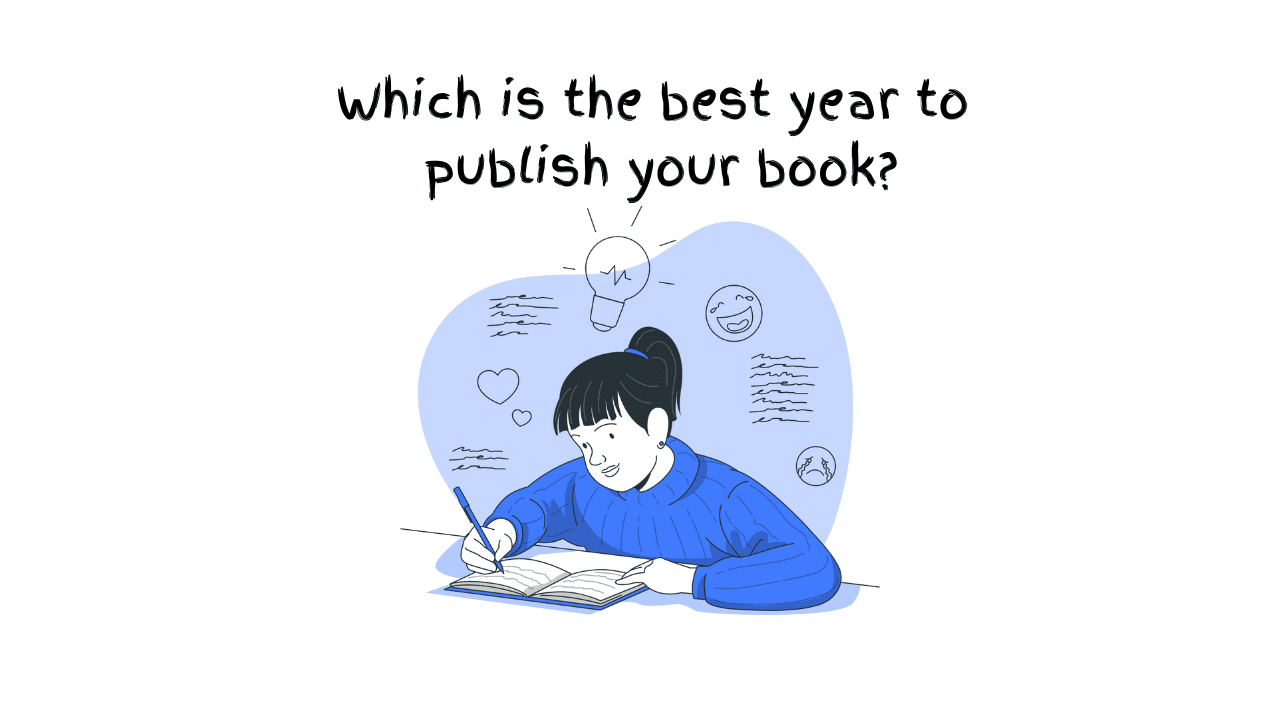
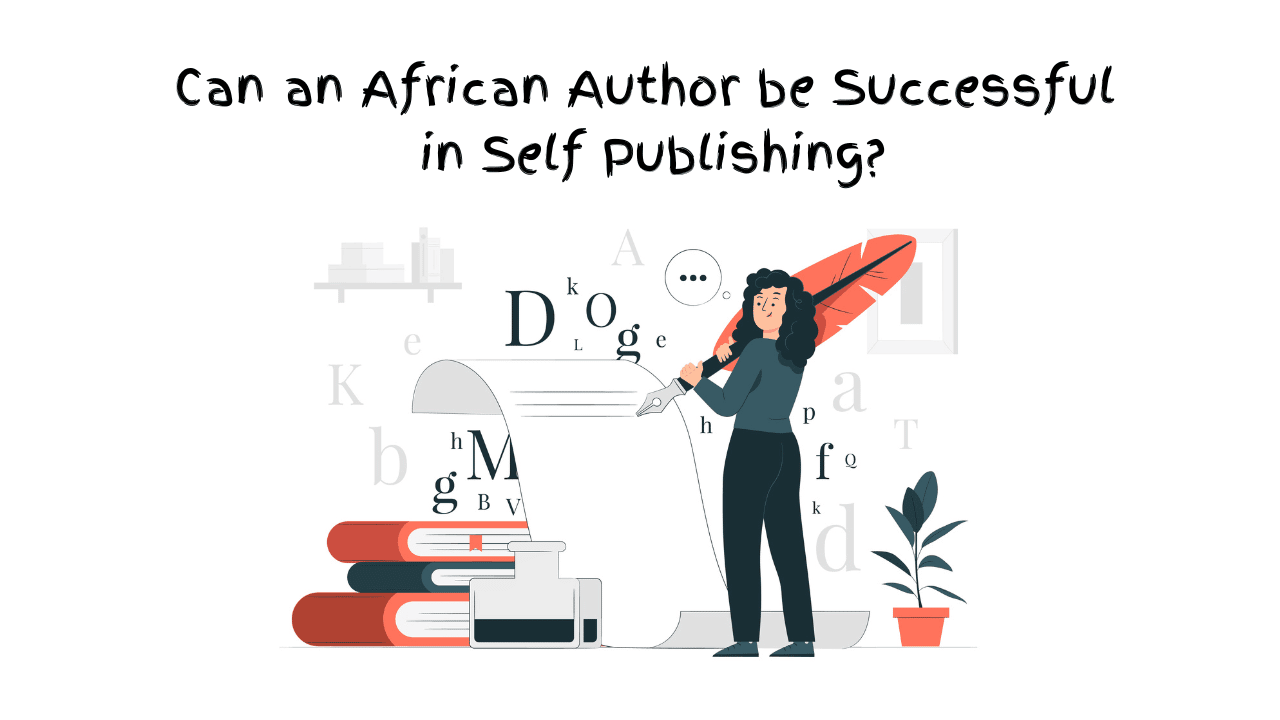
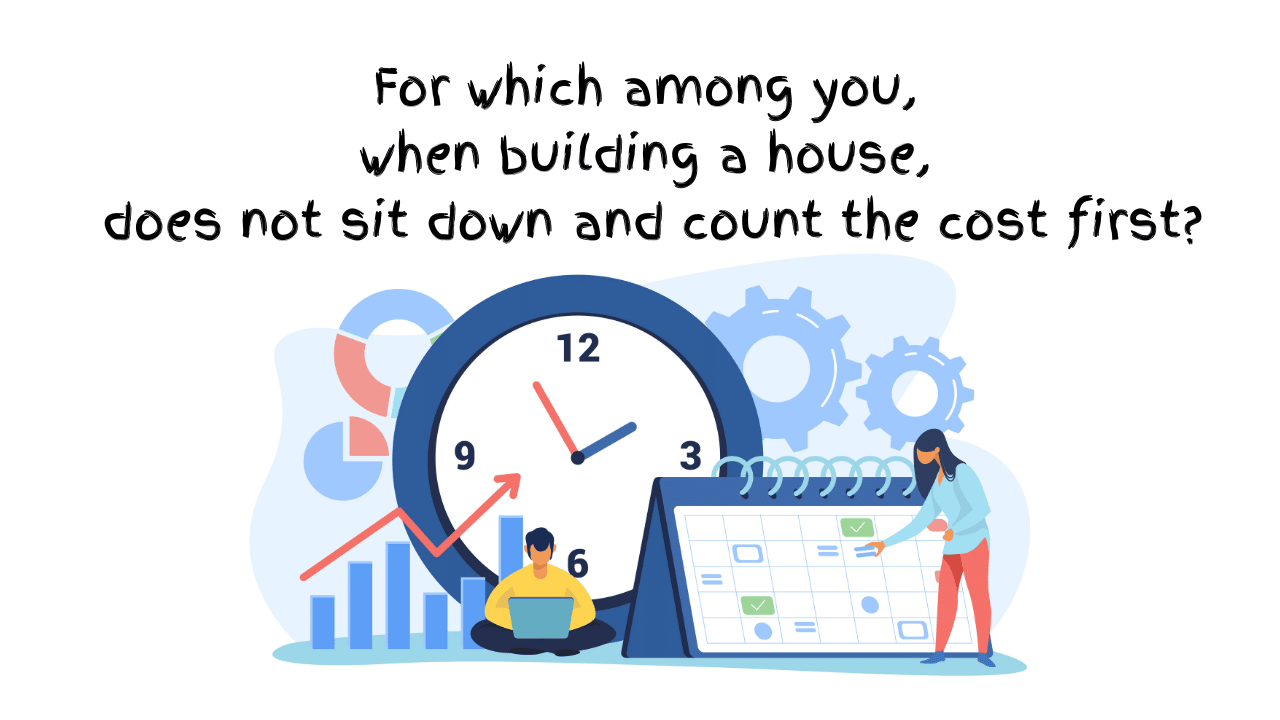
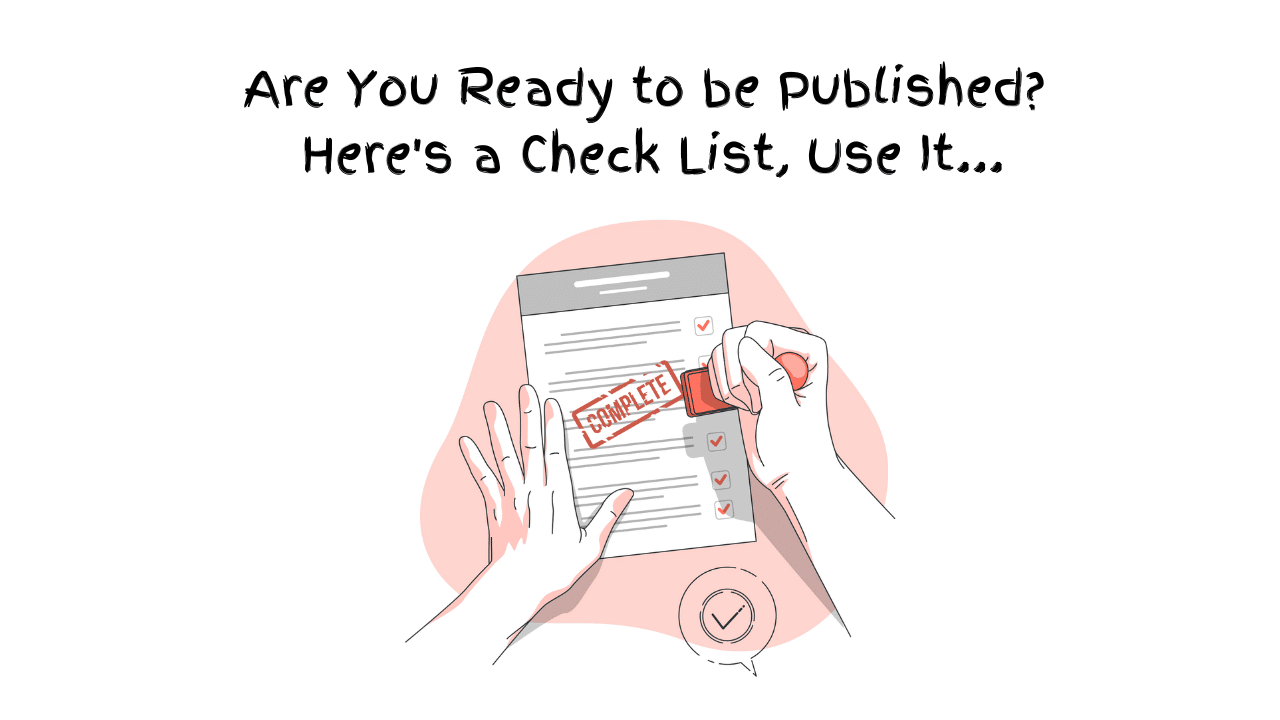
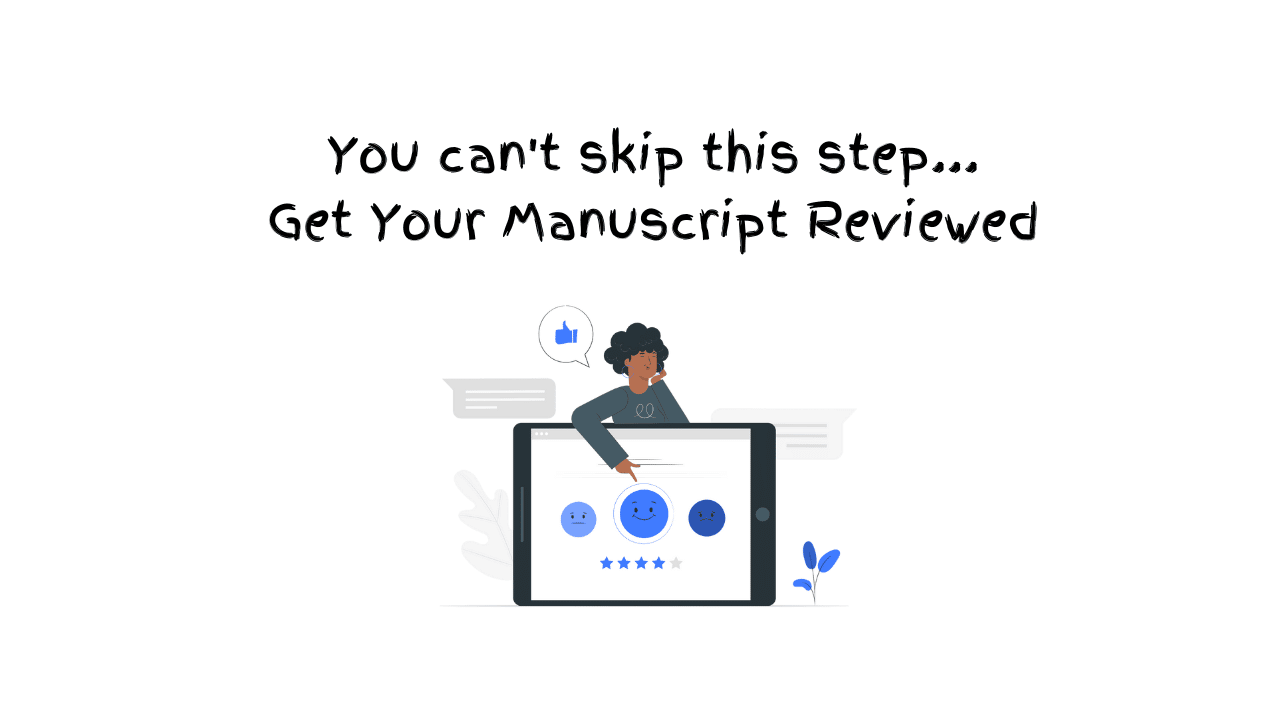
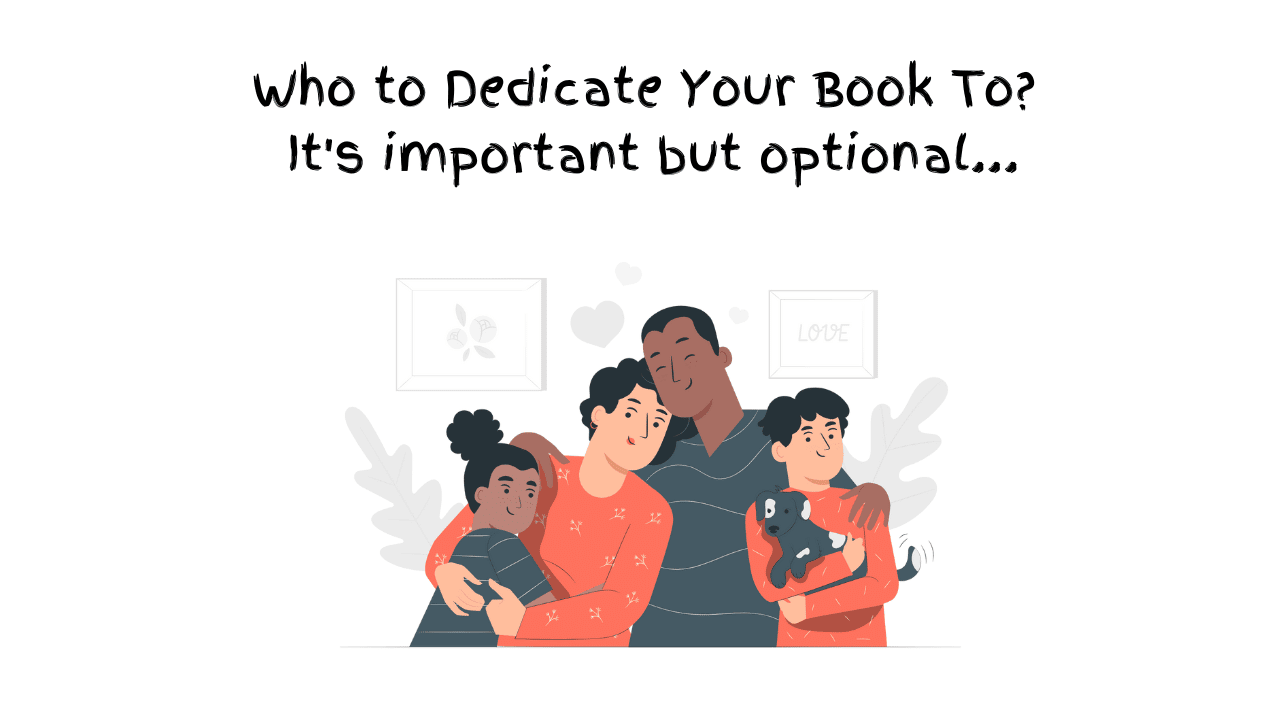
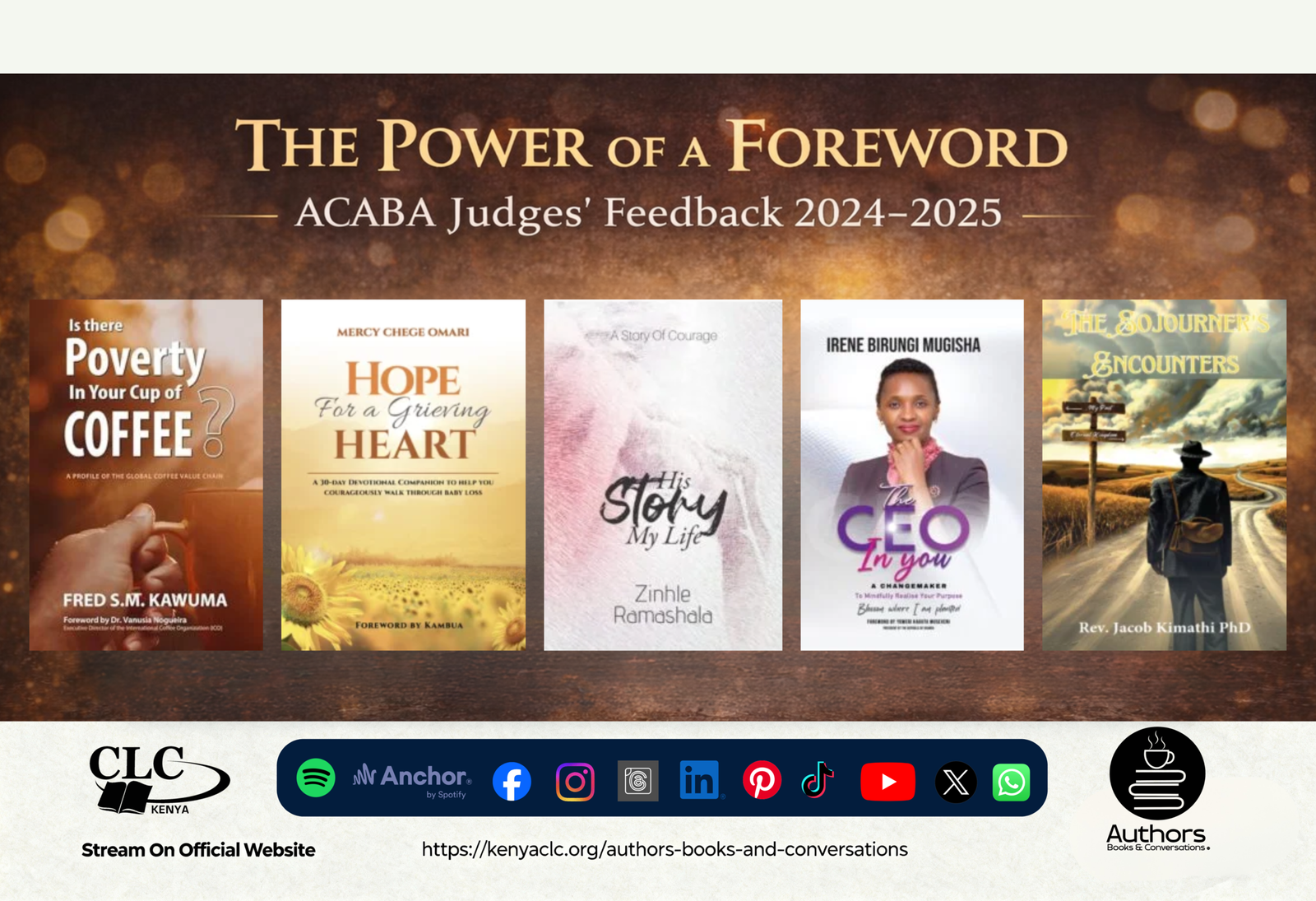

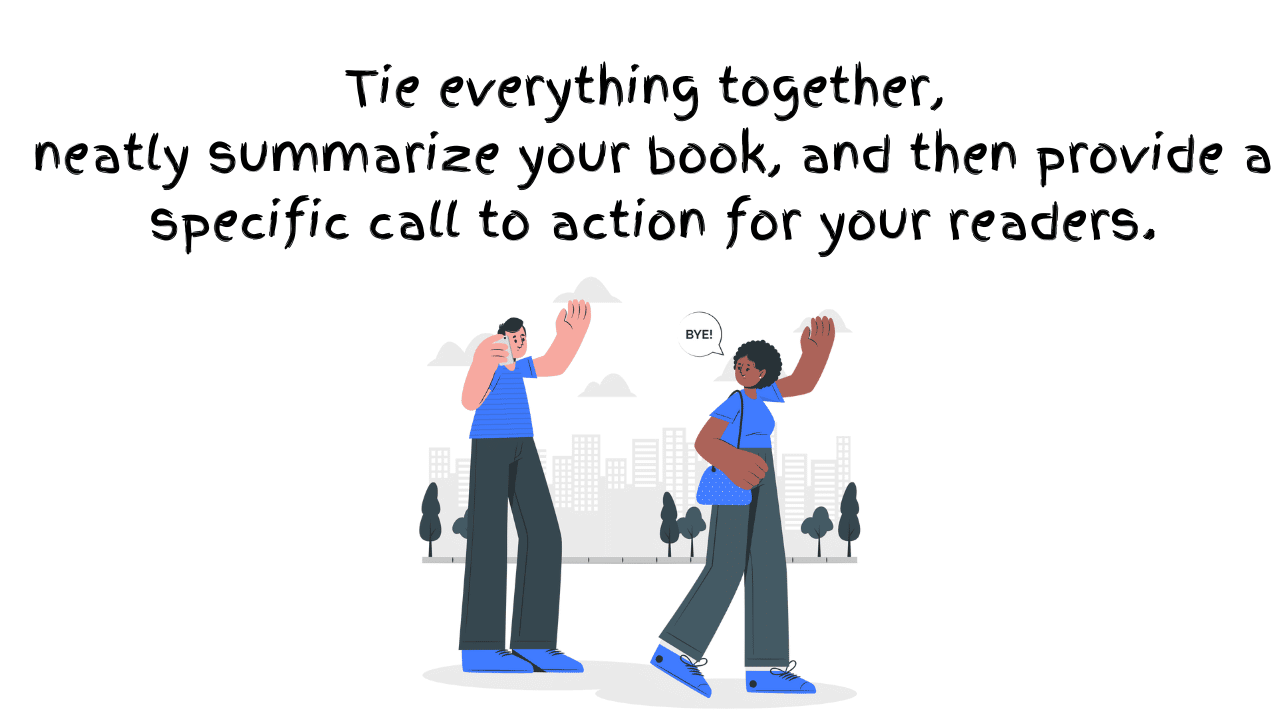
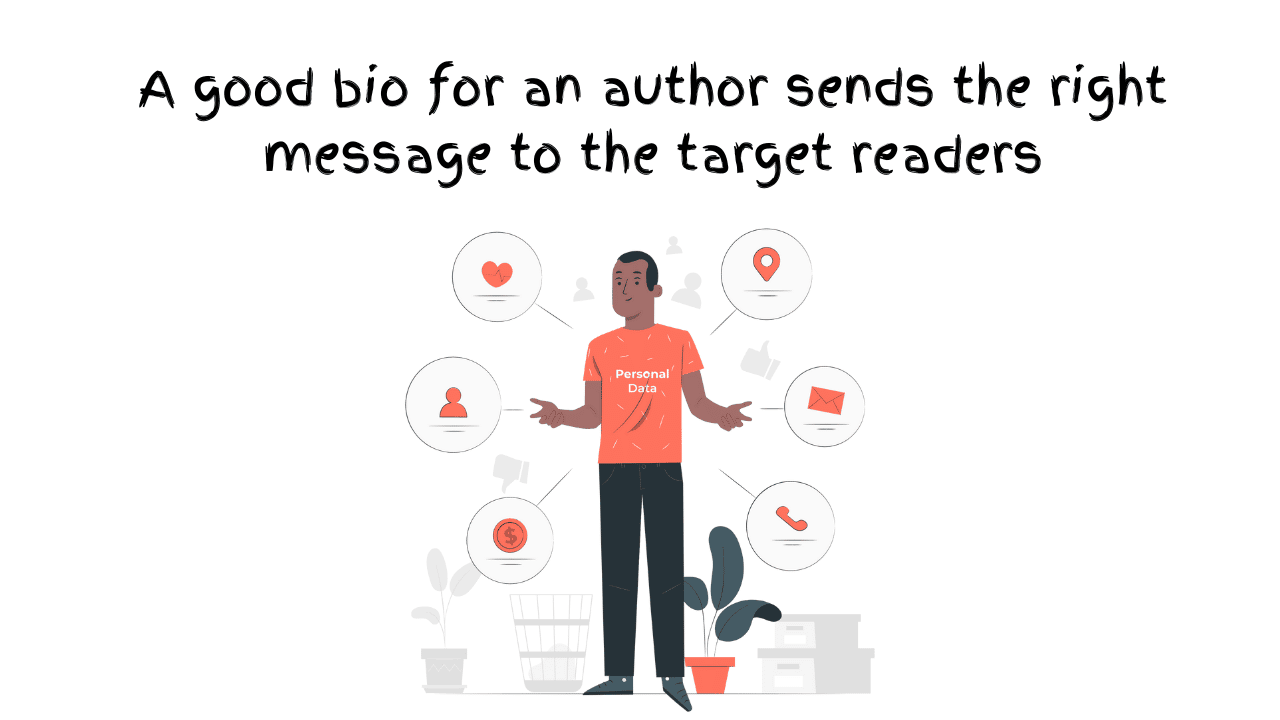


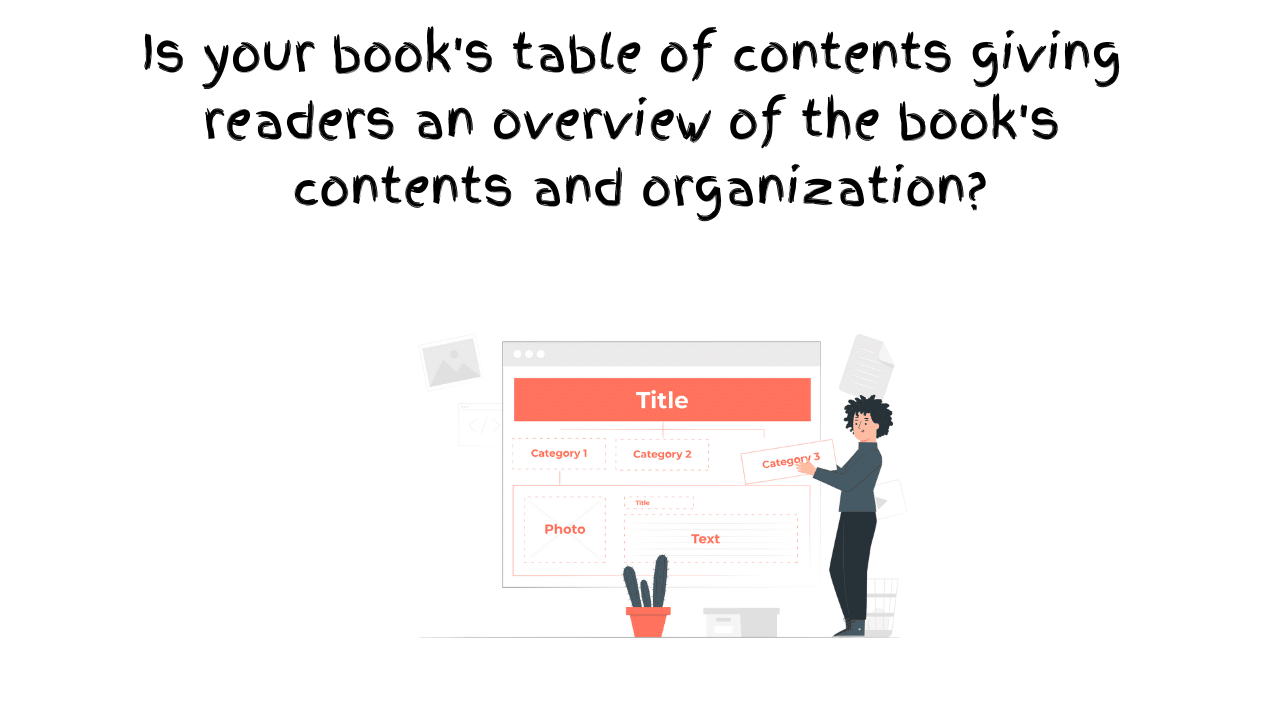
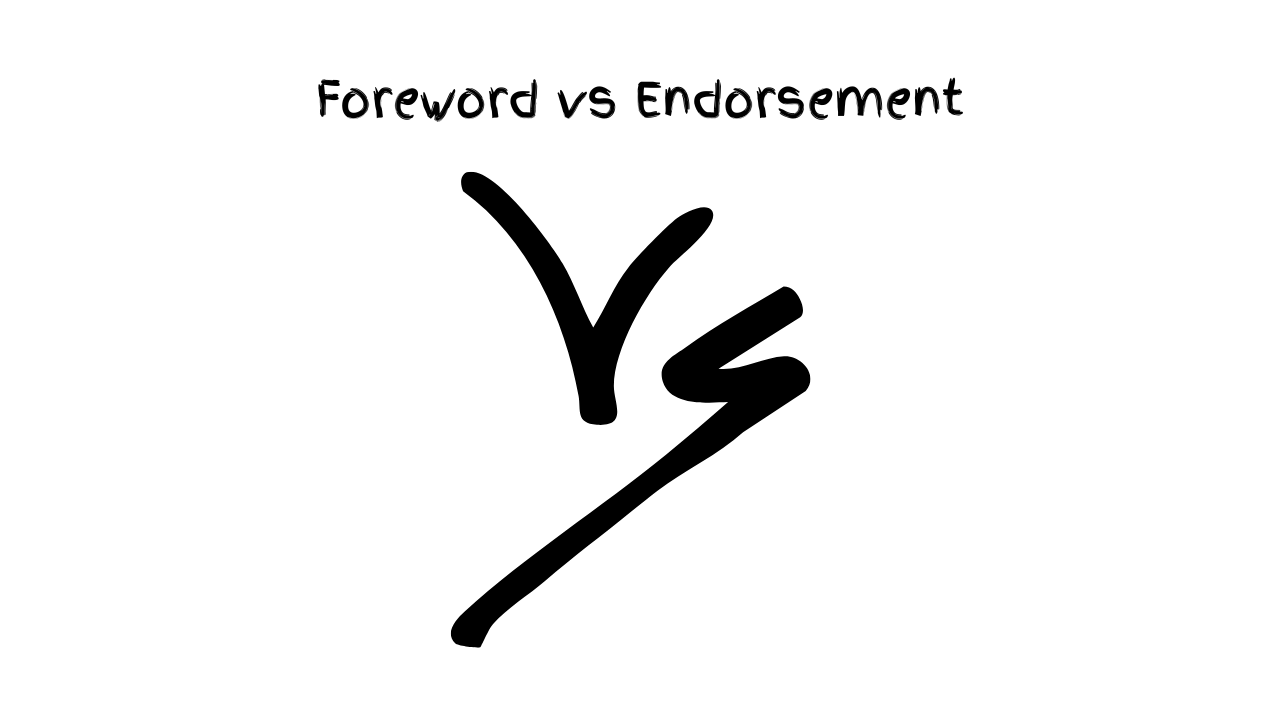
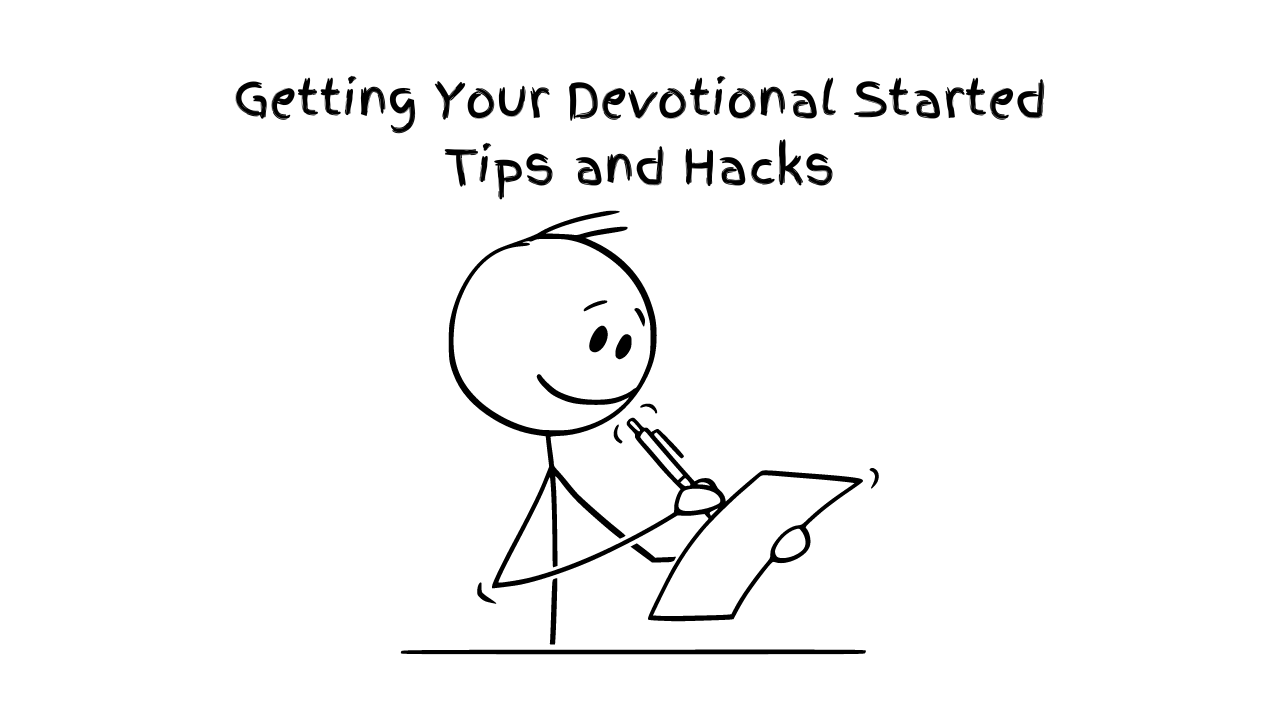
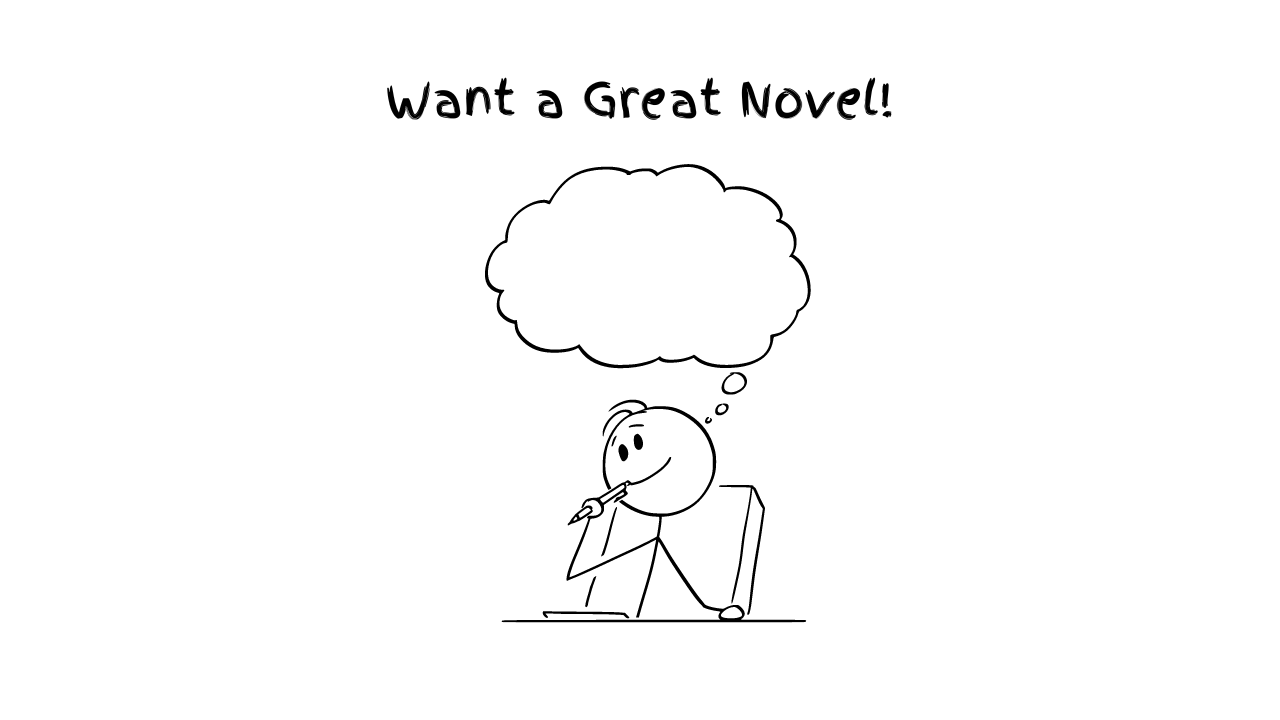
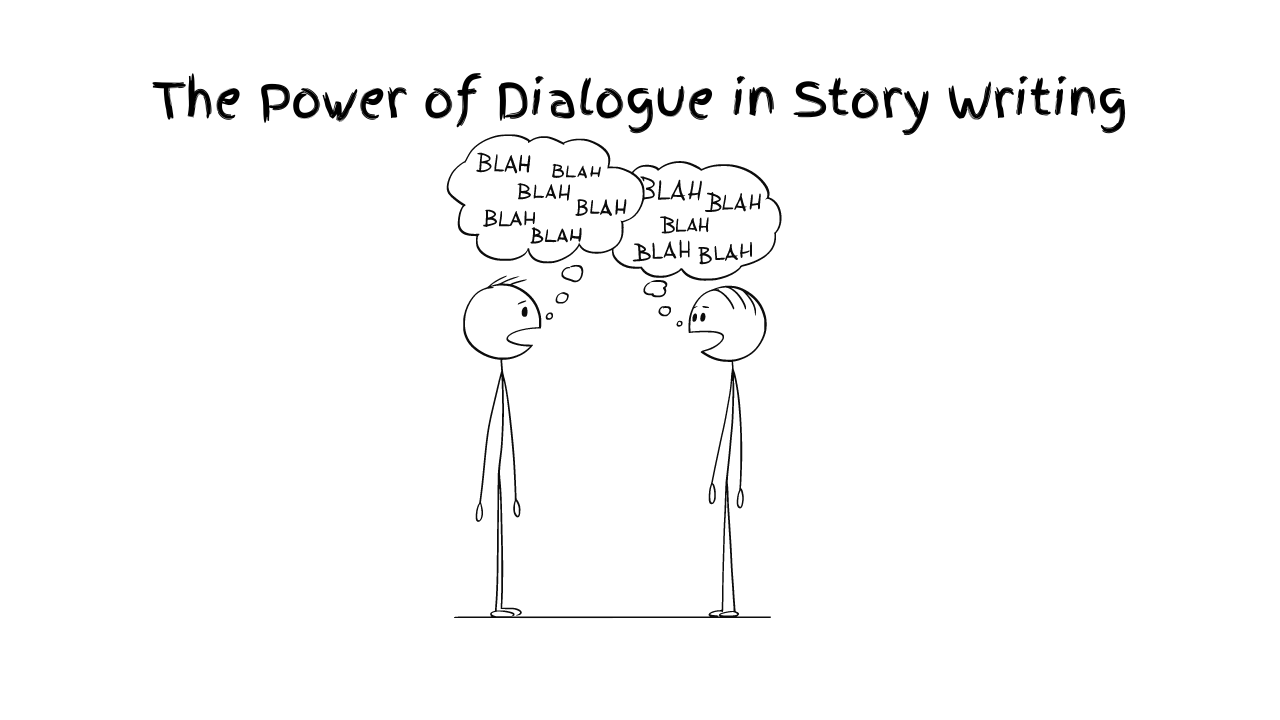
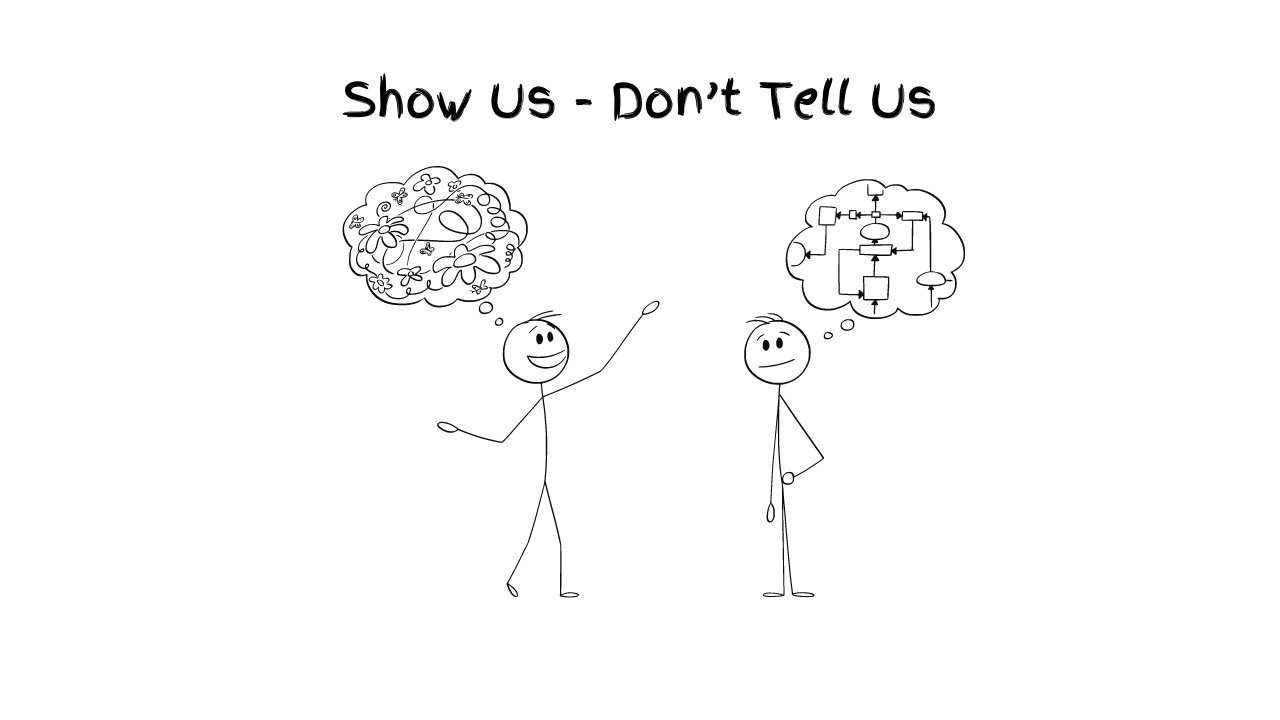



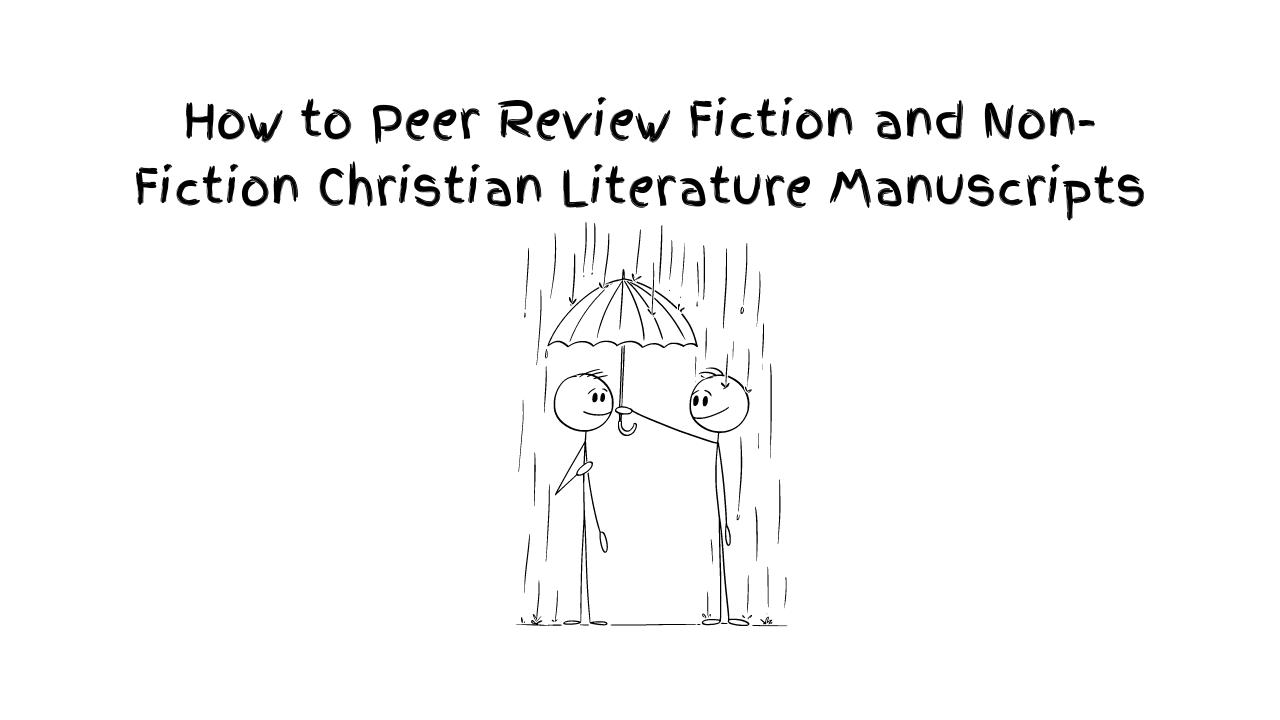


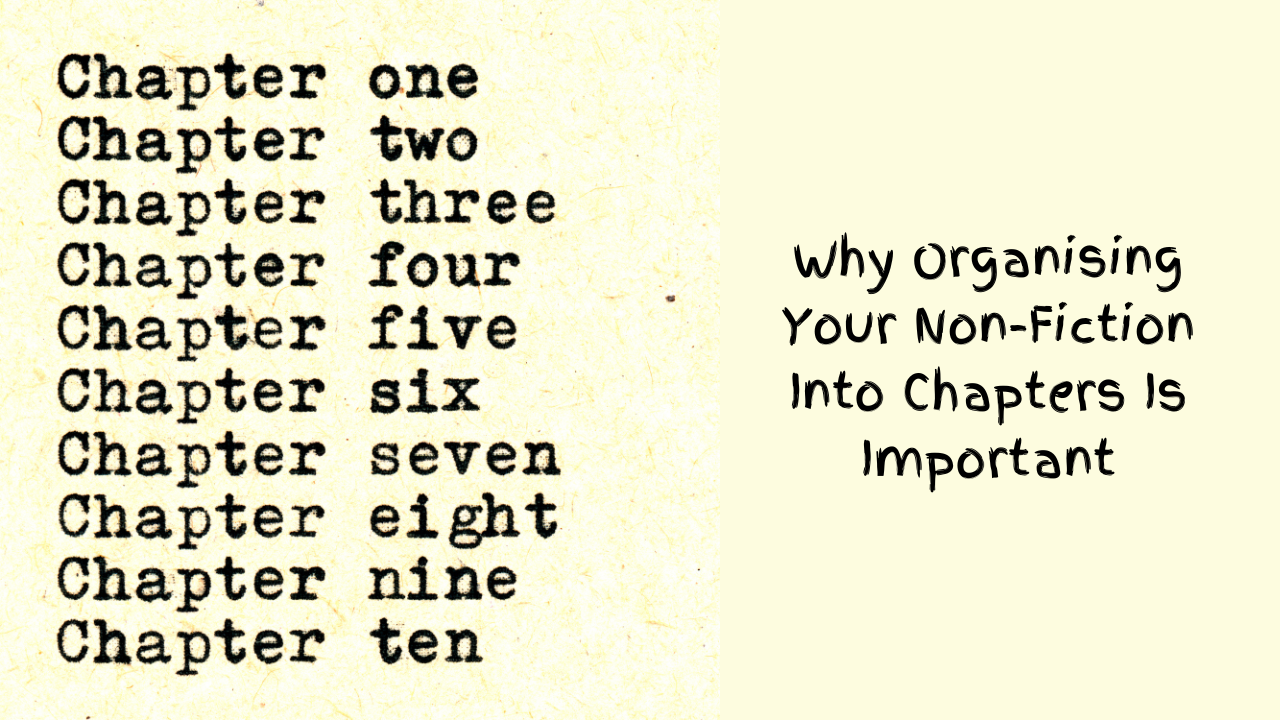
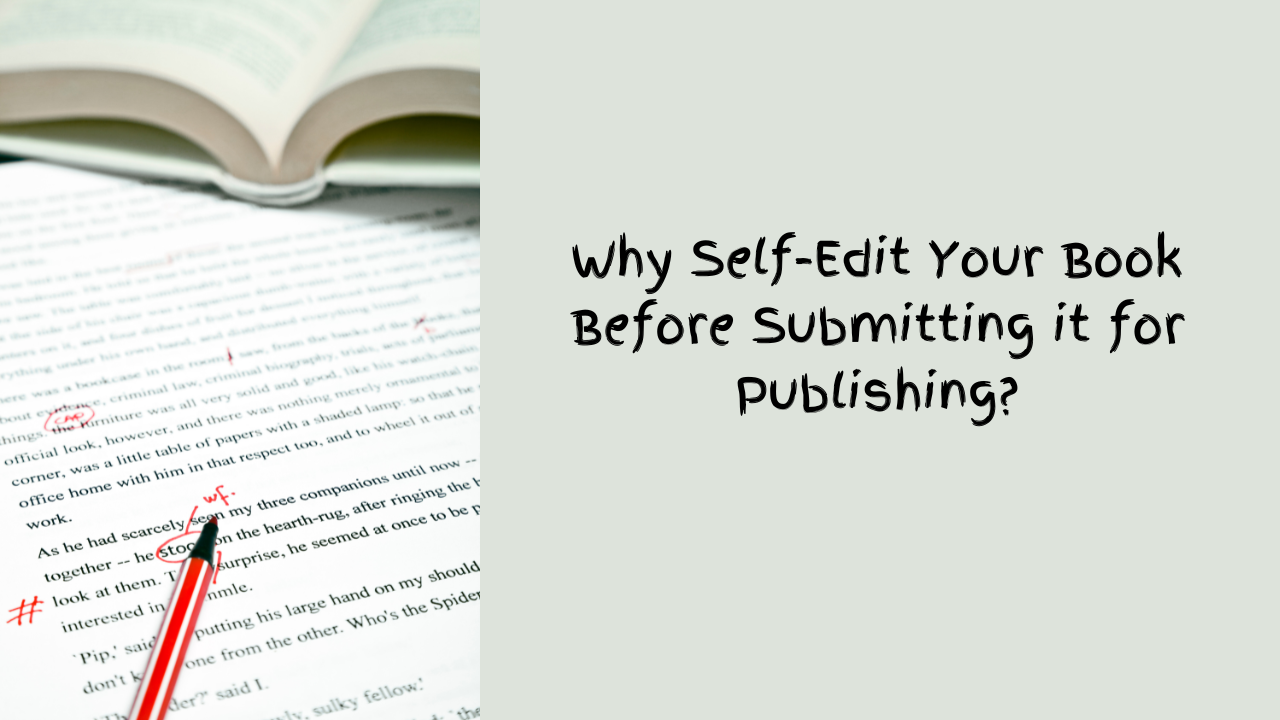

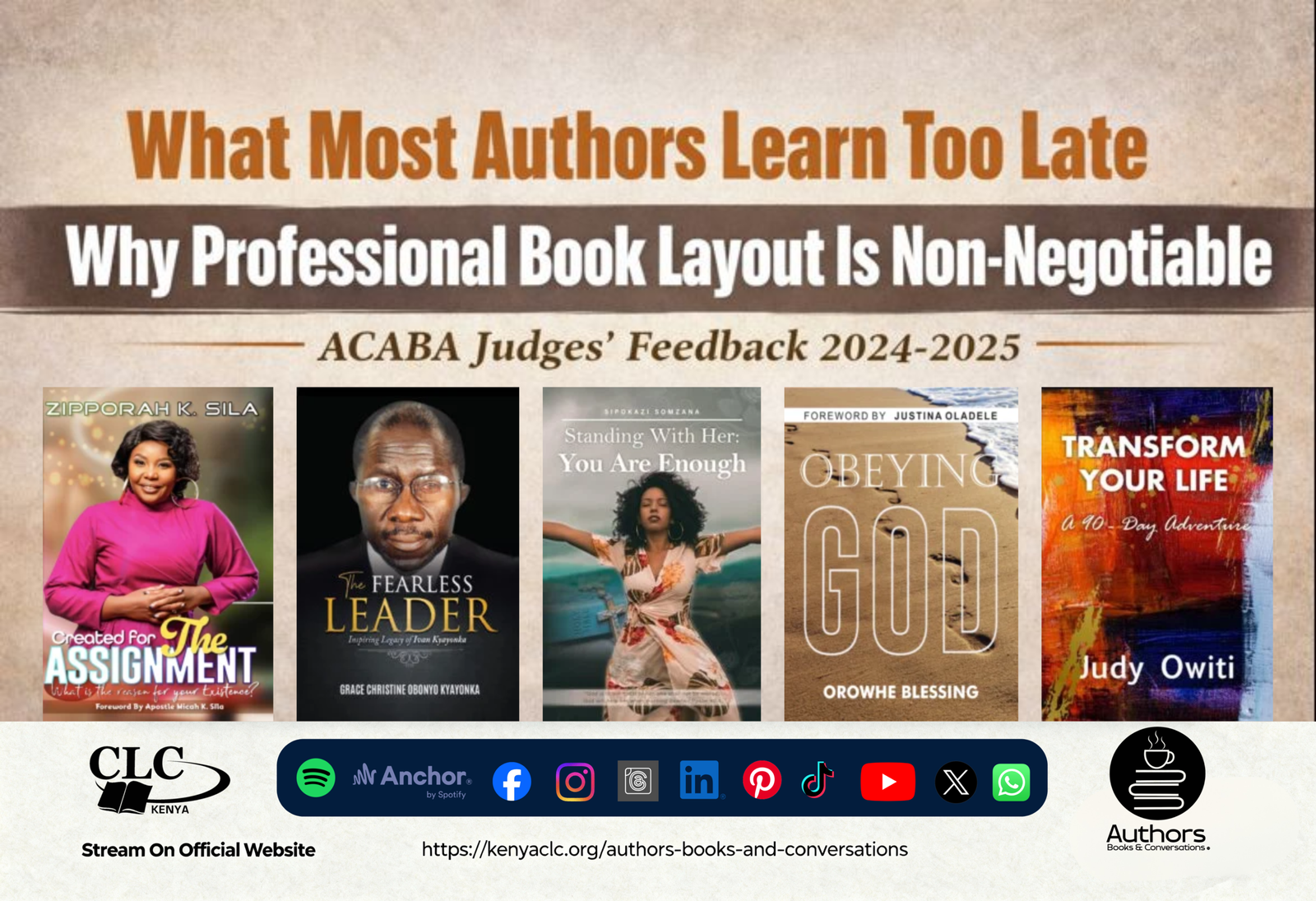
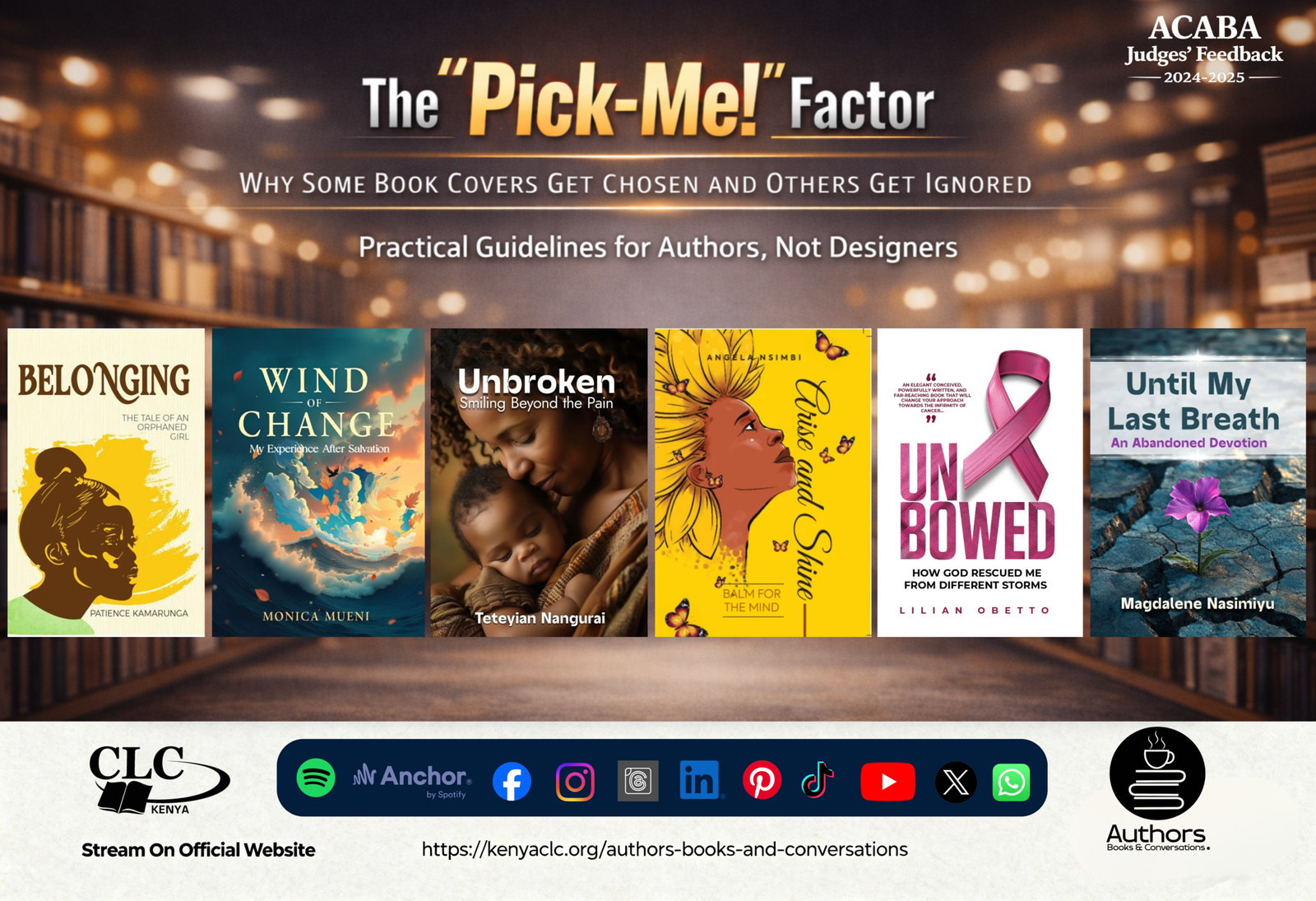






I am interested, thank you.